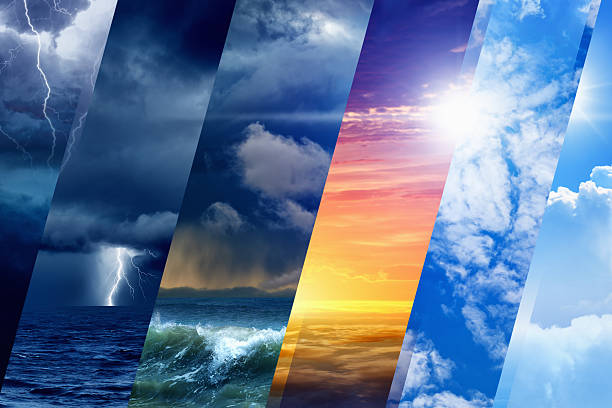Meteorology • Low-pressure area • State Meteorological Agency
Meteorology is the study of the atmosphere, atmospheric phenomena, and atmospheric effects on our weather. The atmosphere is the gaseous layer of the physical environment that surrounds a planet. Earth's atmosphere is roughly 100 to 125 kilometers (65-75 miles) thick.

What is called meteorology?
Meteorology is the science dealing with the atmosphere and its phenomena, including both weather and climate.

Meteorology is the science dealing with the atmosphere and its phenomena, including both weather and climate.
Who is the father of meteorology?
Luke Howard
Background. Luke Howard has been called "the father of meteorology" for his comprehensive recordings of weather in the London area from 1801 to 1841 and his writings, which transformed the science of meteorology.
Why is it called meteorology?
The term Meteorology has quite the history deriving from the Greek word meteoron, which more or less meant “something in the sky.” Around 340 BC, the famous philosopher Aristotle wrote a treatise called Meteorologica, a work covering the totality of that era's knowledge of weather and climate.
Luke Howard
Background. Luke Howard has been called "the father of meteorology" for his comprehensive recordings of weather in the London area from 1801 to 1841 and his writings, which transformed the science of meteorology.
Why is it called meteorology?
The term Meteorology has quite the history deriving from the Greek word meteoron, which more or less meant “something in the sky.” Around 340 BC, the famous philosopher Aristotle wrote a treatise called Meteorologica, a work covering the totality of that era's knowledge of weather and climate.

Comments
Post a Comment